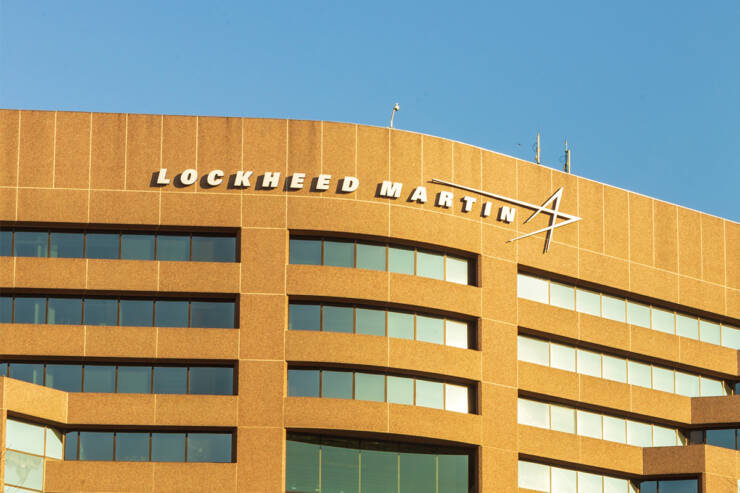
NEW DELHI: Representatives of the US aerospace company Lockheed Martin August 11 said they were open to setting up a maintenance, repair and overhaul (MRO) facility for its F-21 in India in an attempt to further sweeten its bid for 114 fighter aircraft for the Indian Air Force.
Michael Kelley, Vice President – India for Lockheed Martin Aeronautics Strategy and Business Development and Brett Medlin, the F-21 India Campaign Lead are currently in India for meetings with the Indian government and the IAF on the multibillion dollar deal that is expected to see the IAF procure 114 medium multi-role combat aircraft (MMRCA).
Lockheed which is offering the F-21 is in competition with Boeing’s F18, Swedish SAAB’s Gripen, Dassault Aviation’s Rafale, EADS’ Eurofighter Typhoon and Russia’s United Aircraft Corporation MiG-35. Lockheed has already tied up with India’s Tata group to manufacture the aircraft in India. It had previously promised to shift its production line to India if it secures the MMRCA deal and not to sell the F-21 to any other country.
“Once you build an airplane and put it together in the country you also know by extension how to take it apart,” Kelley said.
“So you have the fundamental competencies of an MRO once you put the final assembly and checkout capability. If you add to that the ecosystem of the different avionics and subsystems, there will be Indian companies in the supply chain feeding the checkout facilities. So yes, there will definitely be the possibility for MRO. It has got to be competitive because obviously the Indian Air Force would want to do the MRO here but bringing other aircraft to do MRO, Indian industry has got to be competitive in bringing that work here,” Kelley said.
According to analysts, an MRO facility in India means the aircraft would not need to be taken to the US or any other country where Lockheed has established an MRO unit. Pakistan’s F-16 aircraft – manufactured by Lockheed – has its major overhaul done in Turkey where Lockheed has an MRO facility.
“It is unclear if this means that engine overhaul will be done at the Indian facility given that Lockheed does not manufacture engines. Another point is that if the F-21 is only offered to India as Lockheed has said, I am not sure of the economics of the MRO proposal, like how aircraft of other countries can be serviced at the Indian facility,” said a person familiar with the matter.
Kelley said he was hopeful that India could come up with a decision on procurement of the MMRCA by the first quarter of next year.
When asked how the F-21 would fit in with the requirements of the IAF which has already procured 36 Rafales from France and has given a Rs 48,000 crore order to the state-run Hindustan Aeronautics Limited (HAL) to manufacture 83 light combat aircraft (LCA) TEJAS, developed at home, Medlin said that from an operational perspective, the F-21 complemented both the TEJAS and the Rafale.
“If you assess what is the fighter squadron requirement of the Indian Air Force, they are operating well below that. If you look at the pace of deliveries of the TEJAS versus their requirement, the force structure gap that the IAF has, what the F-21 will provide is help fill that gap of capacity as well as capability for the IAF,” Medlin said. The IAF has a squadron strength of about 30 against a sanctioned strength of 42 mostly on account of the phase-out of its aging Russian made MiG fighter jets.
On criticism that the F-21 was similar to the F-16 – which is the mainstay of the Pakistan Air Force – Medlin said that it was a “completely evolved aircraft.”
“When you look at what we do for the advanced cockpit, we are leveraging the PVI (pilot vehicle interface) from our fifth generation fighters and we are bringing that into the F21,” he said, referring to Lockheed’s argument that the F-21’s technologies are derived from the company’s F-22 and F-35 – the world’s only two operational 5th generation fighter aircraft.
On apprehensions of US sanctions given that New Delhi was going ahead with its purchase of the Russian S-400 anti-aircraft missile systems, Kelley said that the US company was “concerned” about that in India’s context. “What happens is eventually a matter between the two governments to decide,” he added.








